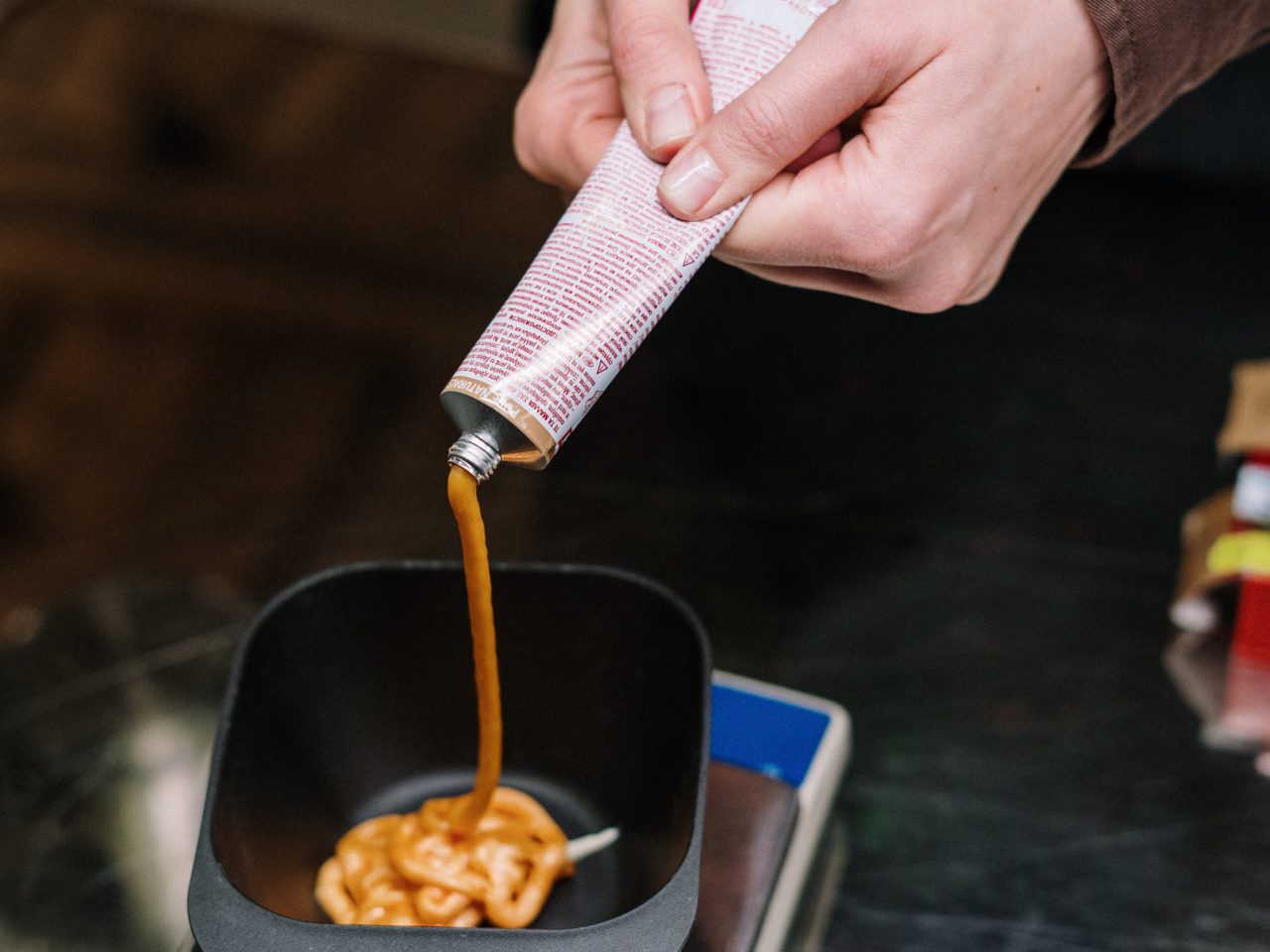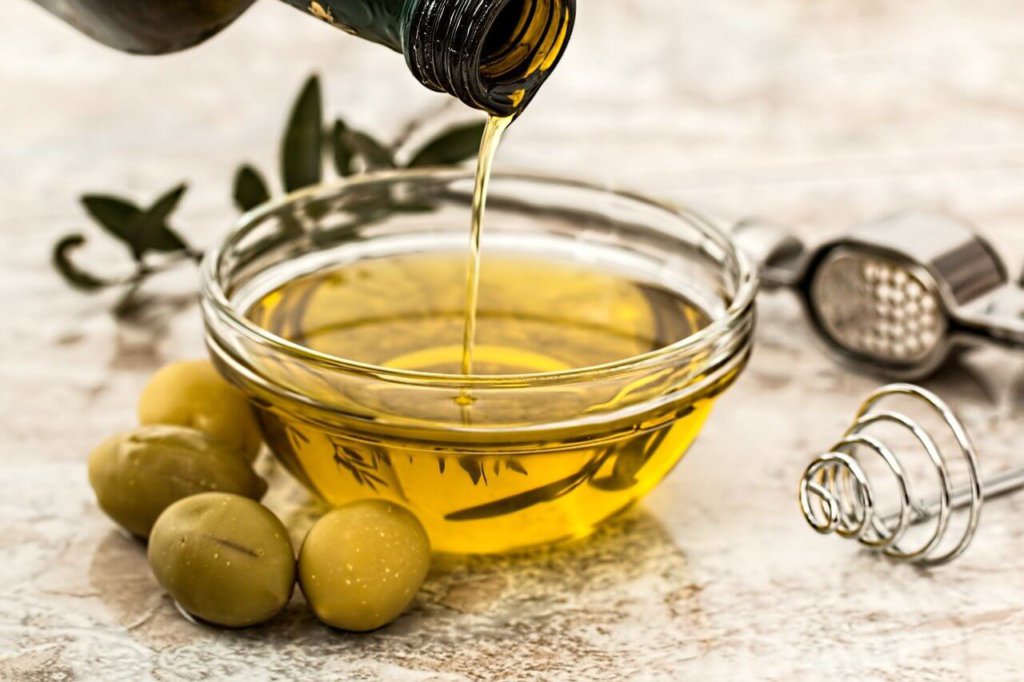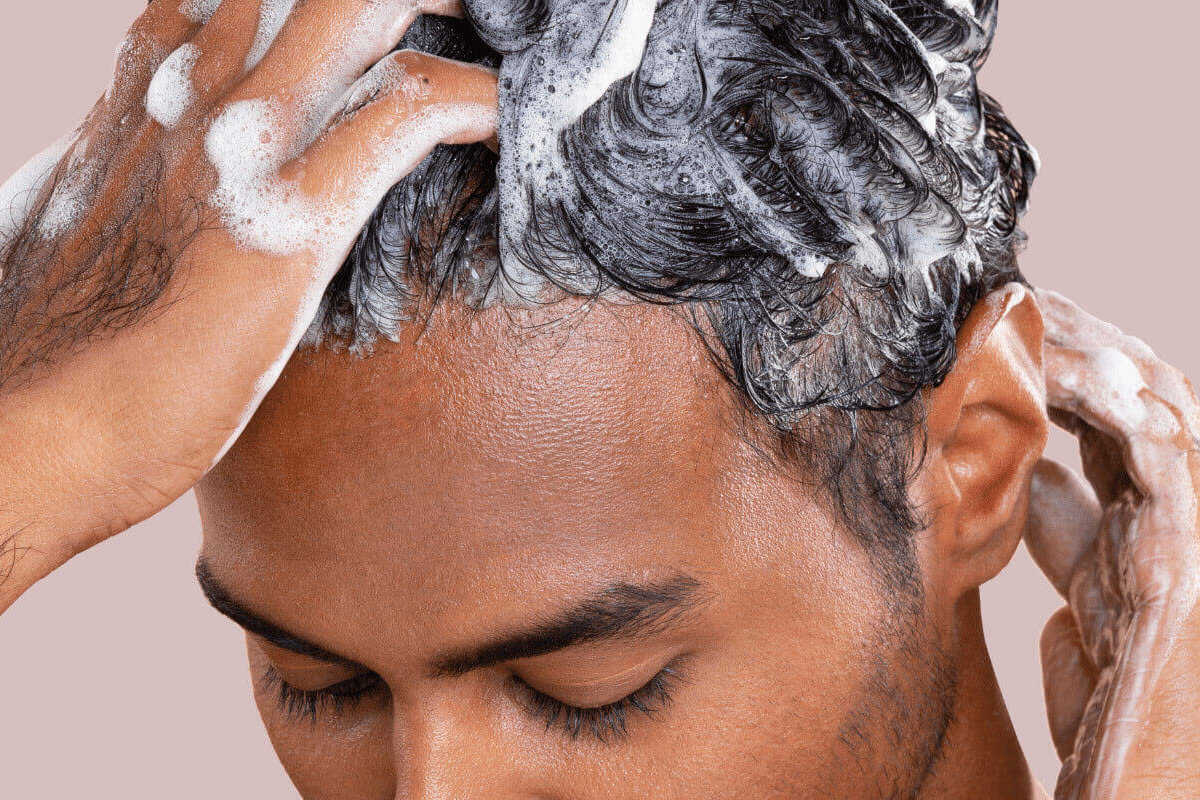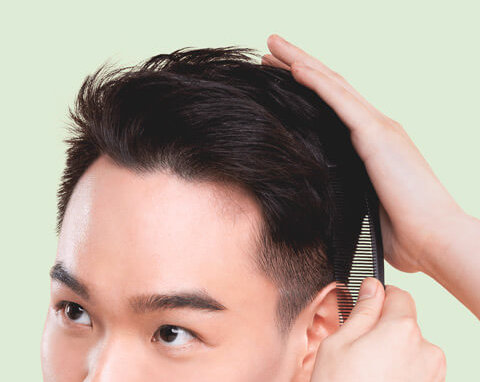We have done the research for you and rounded up 8 tips to keep your hair healthy and strong. These tips may not prevent further hair loss, but help prevent further breakage. This minimises the number of hairs with split ends and improves the gloss in your hair. If you face hair loss concerns, consider combining the following tips along with medications for hair loss such as finasteride or minoxidil (5%) serum. You will regain your confidence in no time!
Tip 1: Shampoo Your Hair on a Regular Basis
Shampooing your hair regularly may seem like the most basic thing to do. It may surprise you how important this is especially if your hair is not strong or healthy. This is because most shampoos contain ingredients that protect the hair shaft from damage. The hair shaft is the part of your hair which can be seen above your scalp.
However, this does not mean that excessive shampooing of your hair will increase its strength and health. To maximize the benefits of your shampoo, use it two to three times weekly, and not daily. Shampooing your hair daily can actually strip of your scalp’s natural oils. Natural oils are responsible for keeping your hair and scalp healthy and moisturised. The oils form a protective barrier on the surface of your scalp, preventing damage from external elements and oxidative damage. If you have dandruff, you may consider using a ketoconazole shampoo instead of a regular hair shampoo.
Tip 2: Pay Special Attention to Your Shampoo Ingredients
Regular shampooing will do you no good if the shampoo contains ingredients that may be harmful to your hair. With an endless variety of shampoo options, you may find it hard to choose one. Fret not, we got you!
Some of these shampoos have exaggerated claims on their effectiveness in maintaining your healthy hair. The truth is: all you need to do is to look out for these harmful ingredients and avoid purchasing them (take a screenshot and thank us later!):
- Coal tar dyes
- DMDM hydantoin
- Imidazolidinyl
- Parabens
- Phthalates
- Sodium lauryl sulfate (also known as sodium laureth sulfate)
- Triethanolamine
An alternative is to consider organic, plant-based shampoos containing ingredients such as biotin, caffeine, green tea and saw palmetto. Looking for organic ingredients is a shortcut to ensure there are no harmful ingredients. In simple words, they are free of synthetic additives. These ingredients keep your hair and scalp healthy, youthful and energised. Trust us, your hair and scalp will thank you for it!
Shop for treatment plans to help with your hair loss issues.
Tip 3: Rethink the Way You Wash Your Hair
Your daily hair care routine is what impacts the health and strength of your hair the most. It determines whether you are protecting your hair from long-term wear-and-tear. Similar to skincare application, a compulsory step is to ensure that you shampoo your hair the right way. To make this easy, here are the three simple steps to shampooing your hair:
- Put your shampoo on (a good gauge is the size of your thumbprint).
- Scrub your scalp, not just your hair.
- Rinse the shampoo thoroughly before applying your conditioner.
Do take note that the conditioner should be applied directly on the hair strands, and definitely not on the scalp. If you have straight or wavy hair, apply conditioner in the shower and wash it out within minutes of application. If you have naturally curly or kinky (afro-textured) hair, you may use a leave-in conditioner, which does not require washing. Do not forget to condition your hair! Using a hair conditioner right after shampooing can reduce inter-fibre friction, strengthening the health of your hair. This also makes your hair shiny, detangle strands and eliminate frizz.
Tip 4: Be Wary of How Much Sunlight Exposure Your Hair is Getting
While many people enjoy a good tan, it is not the only reason it is unhealthy for your hair and scalp. Sunlight is a rich source of vitamin D. This nutrient is essential for maintaining the health of your bones, blood cells and immune system. However, too much sunlight and UV rays can severely damage your hair in different ways. Some damaging effects include causing hair strands to become brittle, dry, and more susceptible to breakage and split ends.
There’s nothing wrong, really, with being under the sun for a period of time. Just be mindful of just how much sun exposure your hair is getting. To have healthier and stronger hair, try to minimise sun exposure for your scalp. It is advisable to wear a cap or walk in a shaded area to protect your hair and scalp. Importantly when you are wearing a cap, avoid wearing it backwards, as this does not protect the hair at the front of your head!

Tip 5: Avoid Using Hair Dyes
It is common to want to dye your hair in different shades every once in a while. After all, celebrities and social media influencers are constantly giving creative and colourful hairstyles a go, why shouldn’t you?
As much as it looks cool, these colourful hairstyles are accompanied by a string of negative side effects. In fact, you can feel the difference in your hair texture, sometimes almost immediately. This is due to the chemical dye or bleach, causing your hair strands to weaken and break more easily. Therefore, choose your hair dye wisely. Instead, use products with natural ingredients like carrot juice, beet juice, henna and coffee. We know it’s tough and it’s easier said than done. But, trust us, you wouldn’t want to find yourself having a lifetime of regret.
Tip 6: Protect Your Hair From Excessive Heat Exposure
Just like chemicals, excessive heat exposure can also be damaging to your hair. The biggest tip is to air dry your hair after you have washed it instead of using a hairdryer. But of course, this tip is not helpful when we are pressed for time. What you can do is use a protective spray or cream for your hair before hair drying it. Most hair products contain silicone, a heat-resistant ingredient, that shields your hair from the debilitating effects of excessive heat
Tip 7: Give Yourself a Head Massage From Time to Time
Everyone loves a good massage and that’s on periodttt! This is no surprise, especially because a massage can be both an effective stress reliever and a muscle relaxant. Massages have many benefits which include warming the tissues in your body and opening up your blood vessels. When this happens, blood flow increases within the massaged area.
This is the same as giving yourself a head massage. Doing so increases the blood circulation to your scalp, promoting an increased blood flow to your hair follicles. This enables the hair root, which is located inside the hair follicle, to receive and absorb nutrients more efficiently. Here, have your cake and eat it too!

Tip 8: Coat Your Hair with Natural Oils
Your hair contains sebum, a fatty substance that helps keep your hair healthy by preventing excessive drying and breakage. Natural oils should be added into your hair routine as they are great in maintaining the health of your hair. One primary benefit of applying a natural oil to reduce the inter-fibre friction that occurs with frequent combing. Oils that are high in saturated and mono-unsaturated fats can better penetrate hair strands. On the other hand, oils with polyunsaturated fats are not nearly as effective and should be avoided. Let’s explore some of these good, natural oils for your hair:
Coconut Oil
Coconut oil is effective in maintaining the health of your hair and preventing hair loss. A study shows that coconut oil helps to minimise the loss of hair protein, helping hair to retain its strength. Some alternatives to coconut oil include saw palmetto oil (high in saturated fats), almond oil, olive oil and argan oil, which contain high amounts of mono-unsaturated fats.
Castor OIL
Castor oil has been touted as an “overnight sensation” for improving hair health. This is largely attributed to the rich amount of fatty acid called ricinoleic acid. Although there is little scientific evidence backing this claim, castor oil has been said to be an instant hair growth serum.
The frequent use of castor oil can cause build-up and lead to issues such as matting. Prevent this by diluting a dime-sized amount of castor oil in either one of the oils mentioned above. Don’t forget to wash it out after a couple of hours! There are two types of castor oil: Black and cold-pressed. Black castor oil is suitable for thick, dry and coarse hair, while cold-pressed castor oil is suitable for finer hair.
Additional Discussion: Home Remedies, Myth or Fact?
Interestingly, egg hair mask and onion juice have been gaining fame of recent years. This is probably because two home remedies are known to contain the same structural components as your hair. Eggs contain a healthy amount of “good guy” fats and protein, while onions are abundant in sulphur and antioxidants. It must be known that the efficacy of these home remedies has not been claimed by scientific researches. There’s no harm in trying them though!
After discussing proven-by-research tips for stronger and healthier hair, it’s now time to change up your hair routine! Read up if you happen to be concerned about other male hair concerns like Male Pattern Baldness (MPB).


